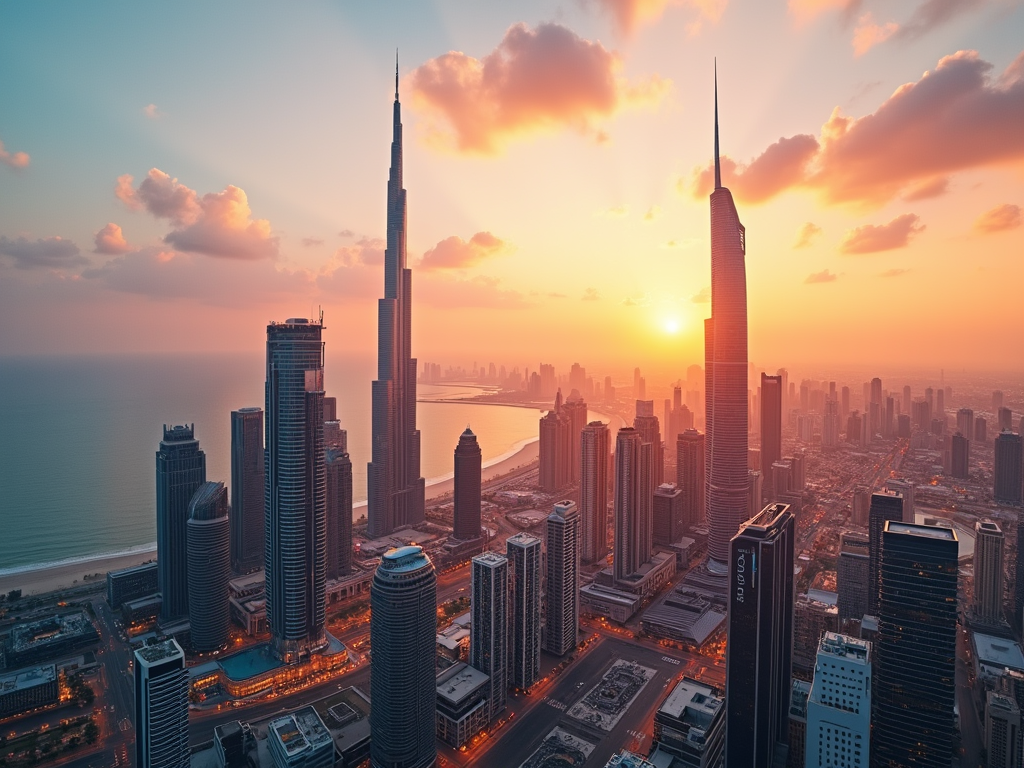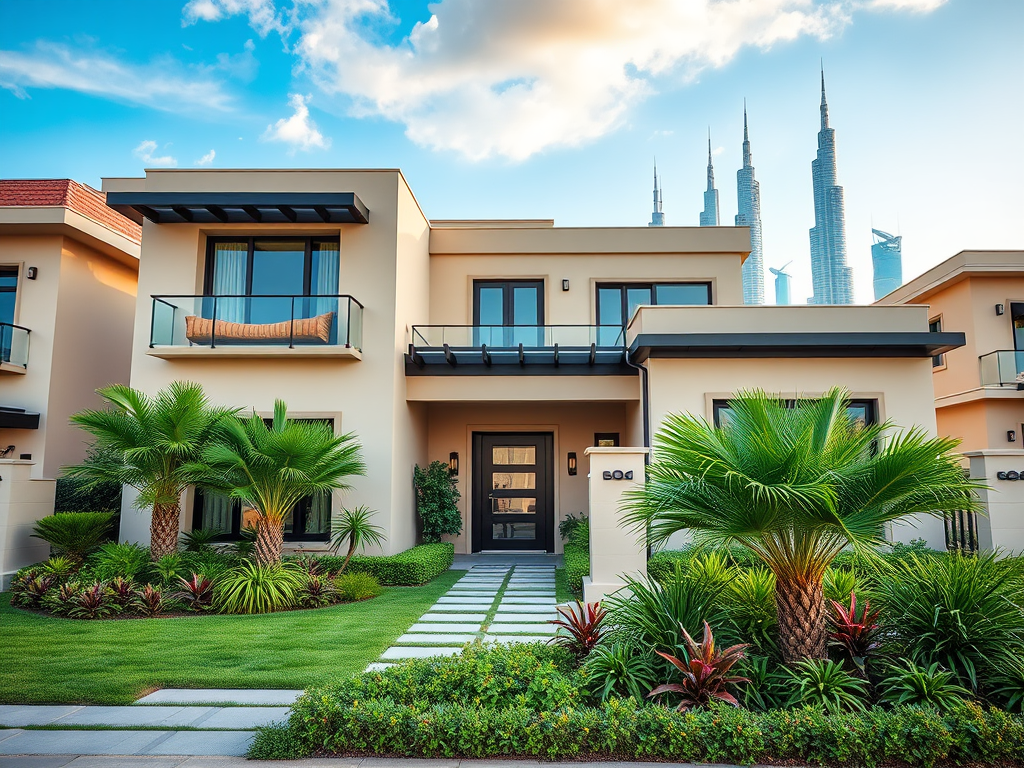
The COVID-19 pandemic has significantly impacted the global real estate landscape, and Dubai is no exception. Initially witnessing a steep decline in property transactions and rental rates, the real estate market in Dubai has shown resilience and signs of recovery in recent months. This article delves into the multifaceted effects of the pandemic on the Dubai real estate market, examining aspects of recovery and offering an outlook for the future. Through analyzing market trends, buyer behavior shifts, and regulatory changes, we can better understand the current state and future potential of Dubai’s property sector.
The Initial Impact of COVID-19 on Dubai’s Real Estate Market

At the onset of the pandemic, Dubai’s real estate market was confronted with unprecedented challenges. The government enforced strict lockdown measures, leading to a freeze in property transactions and a sharp decline in demand. Key factors that contributed to this initial impact included:
- Travel restrictions limiting foreign investments.
- People’s economic uncertainties, leading to reduced purchasing power.
- An increase in remote work, changing the demand for office spaces.
- Declining tourism and retail sectors, affecting commercial properties.
- General fear and hesitance to invest in new properties.
Consequently, property prices experienced a downward trend, with both buyers and sellers postponing decisions. This period marked a significant test for the resilience of Dubai’s real estate sector.
Signs of Recovery: Market Dynamics in 2021 and Beyond

As the world adapted to the new normal, Dubai’s real estate market began to show signs of recovery in 2021. The quick roll-out of vaccines, coupled with government incentives and favorable market conditions, spurred renewed interest among investors. Factors contributing to this recovery include:
- Government stimuli such as reduced property taxes and attractive mortgage rates.
- A surge in remote working leading to increased demand for larger living spaces.
- Restoration of tourism boosting demand for short-term rental properties.
- An influx of expatriates seeking to relocate to Dubai for its resilient economy.
- Enhanced digital platforms facilitating smoother property transactions.
These developments have not only stabilized the market but have also set the stage for potential growth moving forward.
Looking ahead, the outlook for Dubai’s real estate market is cautiously optimistic. Projections indicate potential growth driven by several key trends. As the city continues to position itself as a global business hub and tourism destination, factors likely to influence the market include:
- Continued investment in infrastructure and development projects.
- Sustained high demand in the luxury and mid-range property segments.
- Regulatory reforms aimed at attracting foreign investments.
- Increased digitalization in property management and transactions.
- Potential for new international events, such as expos and conferences, to drive demand.
These elements, paired with an adaptable market, suggest a robust recovery trajectory for the Dubai real estate sector.
Conclusion
The COVID-19 pandemic undeniably reshaped Dubai’s real estate market, presenting both challenges and opportunities. While the initial response to the crisis resulted in a significant downturn, the ensuing recovery reflects the sector’s resilience and adaptability. As conditions stabilize and confidence returns, various market dynamics are expected to play a crucial role in shaping the future. Investors have reason to remain optimistic, as both local and international interest in Dubai’s property market persists amid evolving economic conditions.
Frequently Asked Questions
1. How has COVID-19 specifically affected property prices in Dubai?
Initially, property prices experienced a decline due to lower demand and economic uncertainty. However, signs of recovery in 2021 have seen prices stabilize and even rise, particularly in sought-after areas.
2. Are foreign buyers still interested in Dubai’s real estate market post-pandemic?
Yes, foreign buyers are increasingly showing interest in Dubai’s real estate, fueled by favorable market conditions and government incentives aimed at attracting international investments.
3. What types of properties are currently in demand in Dubai?
There is a growing demand for larger residential units, especially in the luxury and mid-range segments, along with a resurgence of interest in short-term rental properties due to tourism recovery.
4. What role do government incentives play in the recovery of the real estate sector?
Government incentives such as reduced property taxes and attractive mortgage options are crucial in boosting investor confidence and stimulating demand, thus aiding the market’s recovery.
5. How can digital tools improve the property buying experience in Dubai?
Digital platforms facilitate smoother transactions, provide virtual tours, and enhance property management, making it easier for buyers and investors to navigate the market, especially in a post-pandemic environment.


